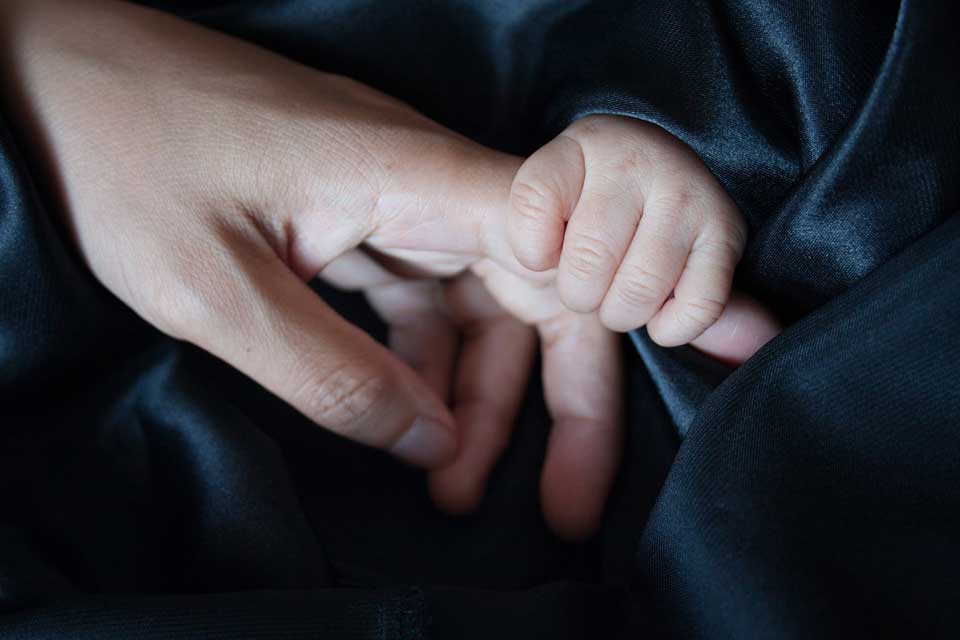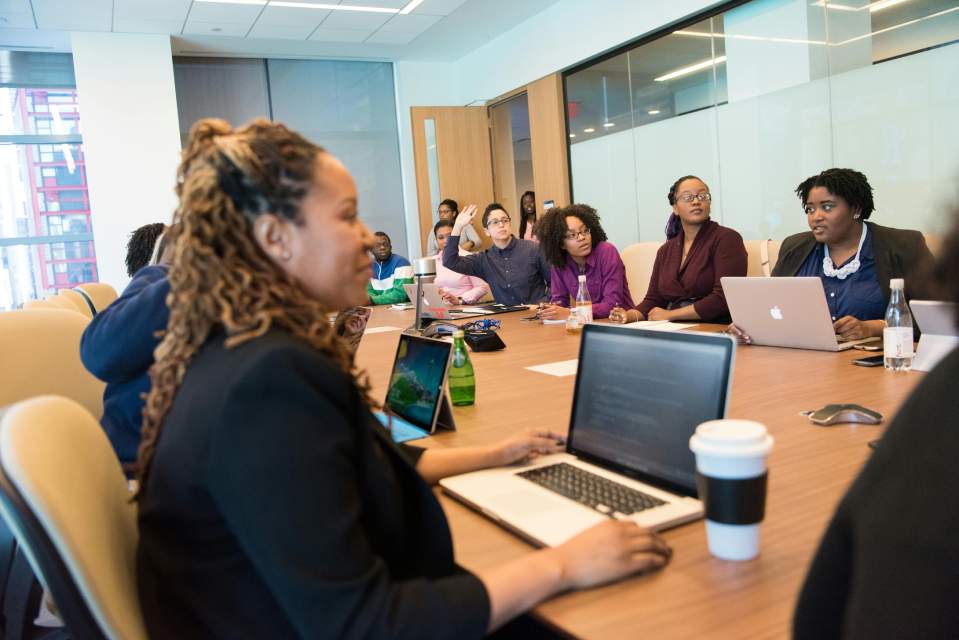Research from AIG Life shows a gender care gap is costing women at work as they manage the majority of child care and often also care for elderly relatives.
AIG’s study of more than 3,000 adults found women are nearly three times more likely to have to take time off work to look after children. The research shows 74% of women say they are the main carer for children taking short or long periods off work to look after family compared with just 26% of men.
That said, there are signs younger generations are changing attitudes – more than half (51%) of men aged under-35 say they are the main carer for their children compared with 73% of women aged under-35.
It’s a more balanced picture on caring for elderly relatives – 76% of women believe they will be the main carer for an elderly relative ahead of their partner compared with just 62% of men. But just one in three women who take time out of the workplace to be a carer plan to return to full-time jobs compared with 59% of men.
What the research also found is women are more likely to say they do not want to be a burden on their own children should they need care in the future – 51% of women said they would not want to burden their children while 36% of men felt the same.
The research shows women generally enjoy their jobs more – 58% of women say they enjoy their jobs compared with 52% of men. That isn’t translating into achieving career potential as 42% of men believe they have overachieved in their career compared to 36% of women. The research didn’t find a gender split on pay satisfaction either – 38% of all adults believe they are not paid enough, and men are just as dissatisfied as women.
Debbie Bolton, Head of Customer Services & Chief Underwriter at AIG Life, said: “The debate about how to balance family responsibilities with work and the roles of men and women has been running for a long time.
“Attitudes take a long time to change and there are signs that care giving in younger generations is becoming more balanced across the genders, but it is the case that many of us, including women, still believe caring duties rests solely with women.
“What all families need to consider is where the care burden will fall and how they will manage financially if a family member is too ill to work, too ill to care for others and if they need someone to care for them. How will they manage financially if they have to give up work to care for a sick child, partner or elderly relative? None of us know what is around the corner, but we can take practical steps to plan for the future so we have the financial safety net to make choices based on what our family needs.”
AIG’s research found 12% of people questioned have already either given up work or gone part-time to care for others. Products such as AIG’s Income Protection provide a monthly payout for six months if the insured person has to give up work to care for a child or partner, while its Care Cover with Whole of Life Insurance provides a lump sum payout to help with care costs if the person insured is diagnosed as needing lifelong care.
AIG’s nationwide study, which is part of research into the issue of longevity and the societal impact of living to 100, also found that when a couple decides who will be the principle carer for an older relative, the primary factor is who is the blood relative (43%) followed by who earns more money (21%) and whose career is the most important (18%).
| REASONS FOR BEING A PRINCIPLE CARER | PERCENTAGE |
| It’s my relative | 43% |
| Partner earns more | 21% |
| Partner’s career more important | 18% |
| We agreed that I would be a better carer | 16% |
| Bigger risk to my partner’s career | 16% |
| Relative wants me to be the carer | 12% |
| Women are better carers | 11% |









